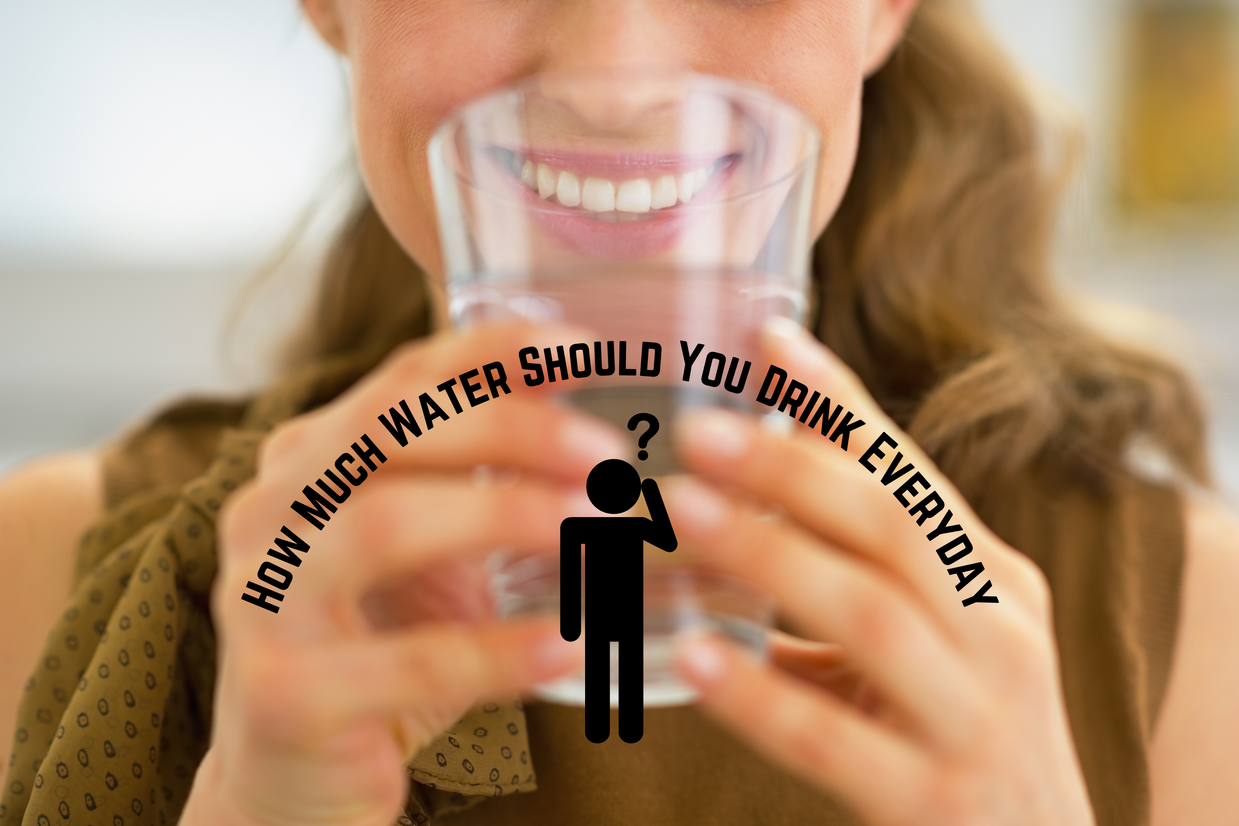How Much Water Should You Drink Everyday
This seems like a simple question, but the answer to this question is not really simple. There is no single formula for everyone. How much water you should drink in a day depends on many factors like your activity, health, and the place you live in.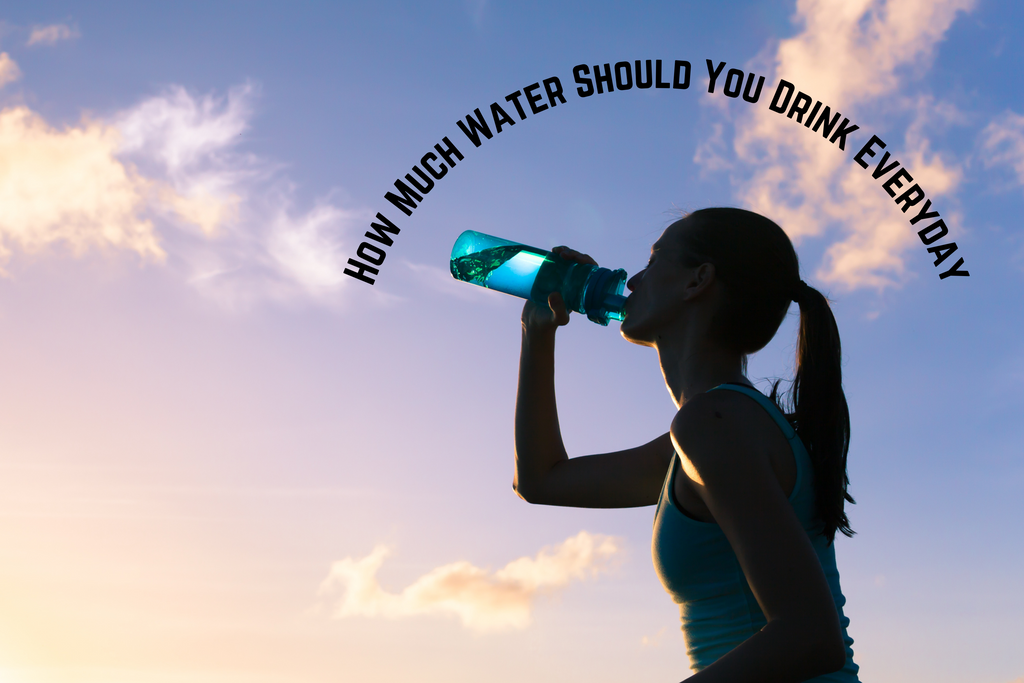
It is important to know your body’s fluid requirement before estimating how much water you should drink every day.
What are the health benefits of drinking water?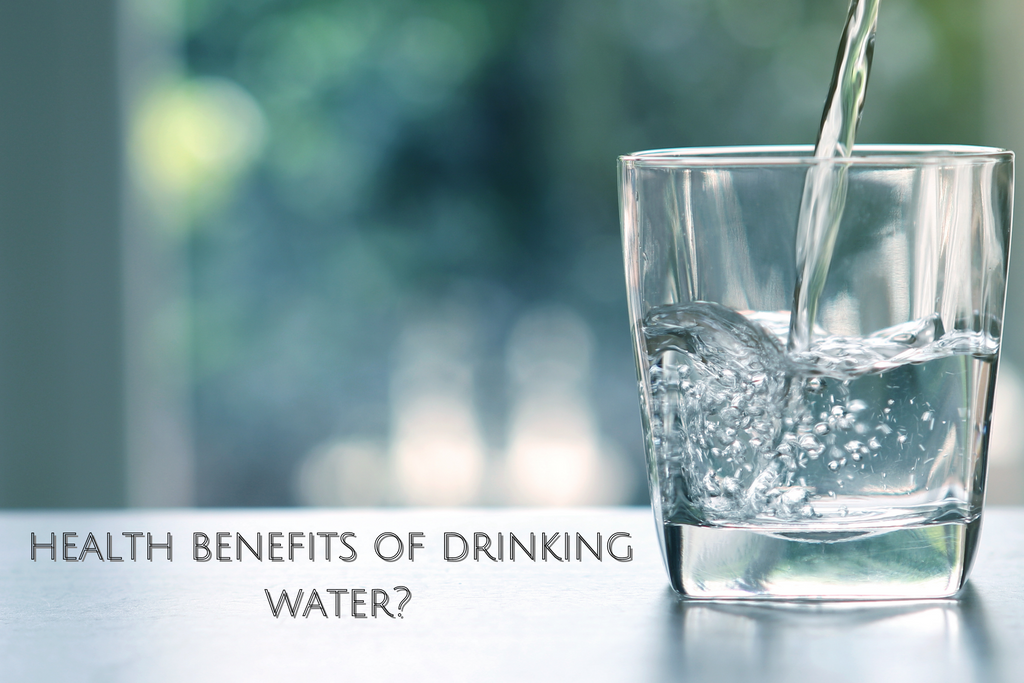
Water makes up about 70 percent of your body weight. Basically, your body depends on water to survive. Every cell, bone, tissue, and organ in your body requires water to function correctly. Some of the health benefits of water are:
- Protects sensitive tissues
- Drinking water gets rid of all the wastes through urination, bowel movements, and perspiration
- Helps in keeping your temperature normal
- Good for your skin
- Keeps you hydrated
- Cushions and lubricates your joints
Not drinking enough water can result in dehydration, making it difficult for your body to properly carry out normal functions. Dehydration can give you headaches, drain your energy, and make you feel tired.
How much water does your body need?
Your body loses water every day through urine, bowel movements, breath, and perspiration. Since your body needs water to function properly, it is crucial that you replenish its water supply by consuming foods and beverages that contain water.
But how much fluid does an average healthy adult human need? It depends on your health, activity, and the climate you live in. According to The National Academic of science, engineering, and medicine, the determined adequate fluid should be
- 7 liters for men
- About 2.7 liters for women
These estimates cover fluids requirements from food, water, and other beverages, as about 20 percent of fluid intake comes from drinks and food.
Should you drink eight glasses of water a day?
We often hear the advice, “drink at least eight glasses of water a day.” but how accurate or good is this?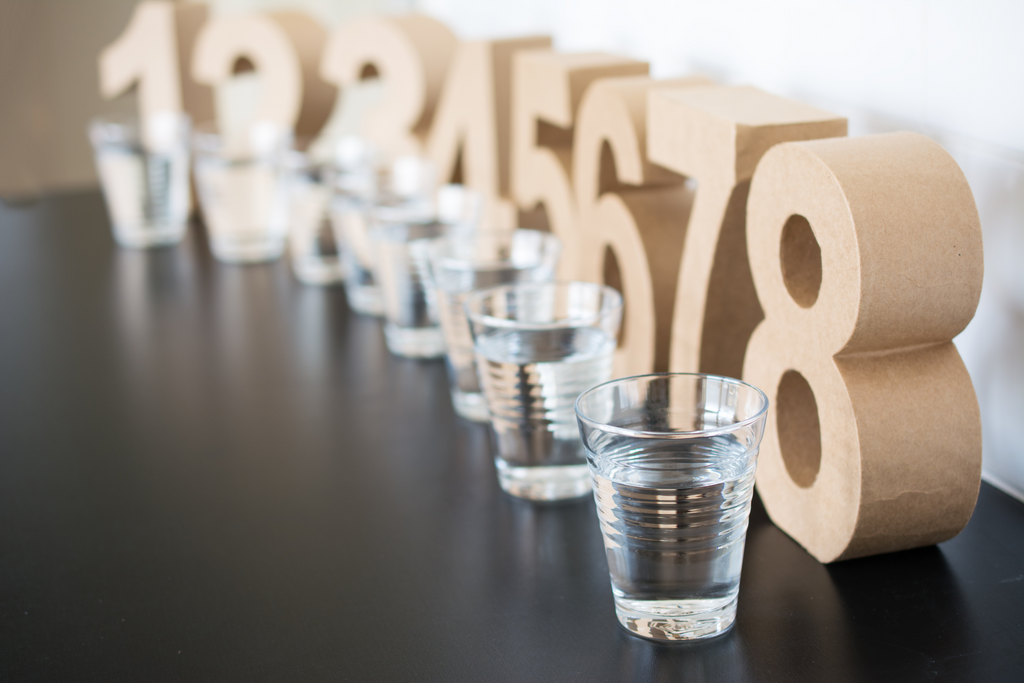
Most people stay hydrated by drinking water and other beverages whenever they feel thirsty, while for some, fewer than eight glasses a day is enough to keep them hydrated. But some might need more than eight.
What are the factors that influence your water needs?
Your body’s requirements for fluid intake depend on the following factors.
Physical activity/Exercise:
If you work out or do any physical activity every day and sweat a lot, your body needs extra fluids to make up for the loss. You must drink water before and after physical activity. If your workout is intense, you can also have sports drinks as they place lost minerals in your blood when you sweat.
Overall health: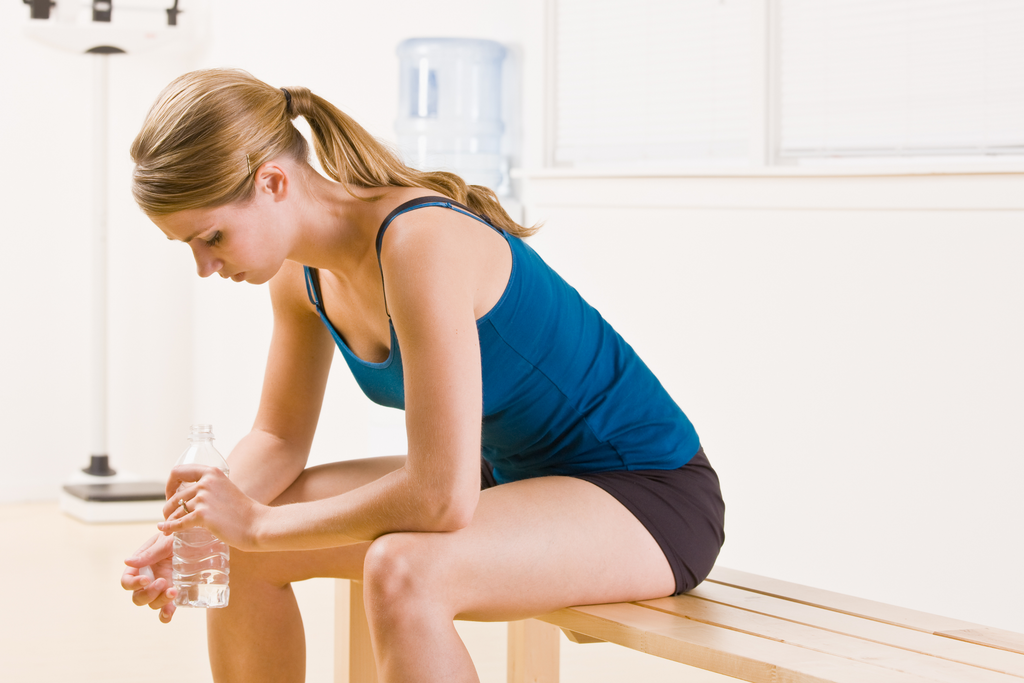
When you are sick, have a fever, have diarrhea, or vomit, your body loses many fluids, which causes dehydration. To make up for the loss of fluids in your body when you are sick, you need to drink more water.
Environment:
Humid or hot weather can make you sweat a lot and require you to take more fluids into your body. Even at high altitudes, your body can cause dehydration.
Breast-feeding or pregnancy:
Women who are breast-feeding or pregnant require additional fluids in their bodies to stay hydrated. It is recommended that pregnant women drink about 2.4 liters of fluids and women who are breast-feeding about 3.2 liters of fluids in a day in the form of food, water, or other drinks.
What are the other sources of water:
Your body doesn’t have to always depend on water to meet with your fluid needs. What you eat in a day also provides a significate proportion of water. Fruits like watermelon and vegetables like spinach are said to be almost 100 percent water by weight.
In addition to eatables, drinks like juice, milk, caffeinated beverages like soda and coffee, and herbal teas are also mostly composed of water.
But water is the best drink as it is calorie-free, readily available, and inexpensive.
It would be best to consume sports drinks only when you do intense physical activities an hour a day. Sports deinks lost electrolytes or minerals through sugar and perspiration required for the energy to perform the activities.
Many people confuse energy drinks with sports drinks, but they’re very different. Energy drinks do not replace electrolytes but contain large amounts of caffeine, sugar, and other additives.
How to stay safely hydrated?
If you often feel dehydrated, it is recommended that you consult a doctor or a dietician or nutritionist that can help you determine the water needed for your body every day.
Here are a few steps you can take care of to stay hydrated:
- Check if your urine is yellow or colorless. It means your water intake is inadequate
- Drink water or other calorie-free drinks after and between each meal.
- Drink water whenever you are feeling hungry
- Drink water before and after exercise or intense physical activities
Recent Posts
-
The Synergy of NAC, DIM, and Myo-Inositol for Overall Wellness
In the world of nutritional supplements and holistic health, certain ingredients are emerging as pow
-
Top 10 Parasite Cleanse Die-Off Symptoms: What to Expect and How to Manage Them
Understanding Die-Off Symptoms Parasite cleansing involves using natural or medicinal methods to eli
-
Unlocking Your Body’s Healing Potential: The Role of Stemregen in Anti-Aging
In today’s pursuit of longevity and youthful vitality, anti-aging solutions are rapidly evolving, wi

